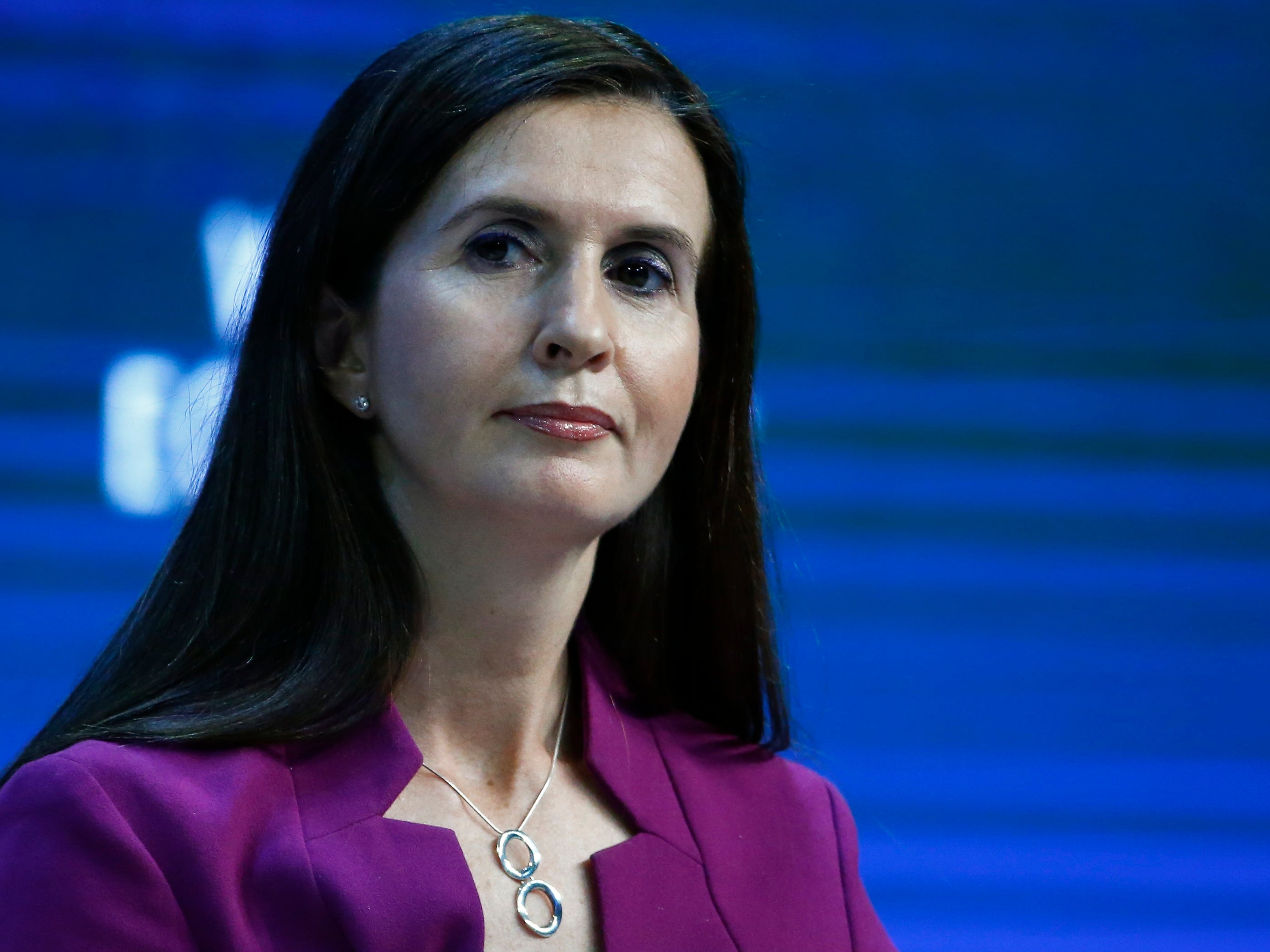Alliance Trust has a new strategy. Should small investors stick around to see if it works?
Now might be a good time for the trust's legion of small savers to consider their options

Your support helps us to tell the story
From reproductive rights to climate change to Big Tech, The Independent is on the ground when the story is developing. Whether it's investigating the financials of Elon Musk's pro-Trump PAC or producing our latest documentary, 'The A Word', which shines a light on the American women fighting for reproductive rights, we know how important it is to parse out the facts from the messaging.
At such a critical moment in US history, we need reporters on the ground. Your donation allows us to keep sending journalists to speak to both sides of the story.
The Independent is trusted by Americans across the entire political spectrum. And unlike many other quality news outlets, we choose not to lock Americans out of our reporting and analysis with paywalls. We believe quality journalism should be available to everyone, paid for by those who can afford it.
Your support makes all the difference.Lots of small savers have money with Alliance Trust, which is Britain’s oldest investment trust. It’s fair to ask why.
Under the stewardship of former chief executive Katherine Garrett-Cox, they were treated to rising costs and less than stellar performance.
It got to the stage at which an American activist hedge fund saw a chance to dive in and make a quick buck by shaking things up.
Elliott Advisers was successful. Ms Garrett-Cox departed, so did Karin Forseke, who had chaired the Dundee-based company.
They had spent £3m on a failed campaign to see the Americans off, only to end up agreeing to a deal that saw two of the three non-executive directors their opponents wanted to get onto the board duly appointed.
With the dust having settled after the appointments, and the departures, a new strategy was announced in December. It would see a group of outsiders brought in to look after Alliance's investments. The trust has just announced the names of eight lucky fund managers from the US, the UK and Canada, who have been selected by Willis Towers Watson to manage its £3.3bn of assets going forward.
Jupiter Asset Management, River & Mercantile and Veritas in the UK along with four US-based managers and one Canadian will each pick 20 stocks apiece to make up Alliance's portfolio.
They’re all described as best in class, but best in class doesn’t come cheap and so investors' costs will rise.
Their aim is to beat the MSCI All Country World Index by between 1 and 2 per cent a year. If that happens, it should cover those costs.
Trouble is, fund managers that actively manage portfolios struggle to beat funds that track stock market indices at the best of times, so it’s no gimme.
The trust is a “dividend hero”, according to the Association of Investment Companies, that has consistently increased its payouts to savers and investors.
Alliance says it plans to continue doing that, but of course that will depend on a majority of the aforementioned fund managers cutting the mustard.
Let’s face it, if Alliance Trust didn’t already exist, no one today would see a compelling need to put together a £3.3bn portfolio of shares, float it on the stock market and hire eight international fund managers to go off and run bits of it.
There are far better, and simpler, ways to save via stock market, even if you prefer not to invest in cheap index tracking funds that do better over the long run than most active fund managers.
Now that the instability is over, and Alliance Trust has mapped out a way forward for itself, some of its savers might like to ask themselves whether now isn’t the time to investigate those options.
Join our commenting forum
Join thought-provoking conversations, follow other Independent readers and see their replies
Comments